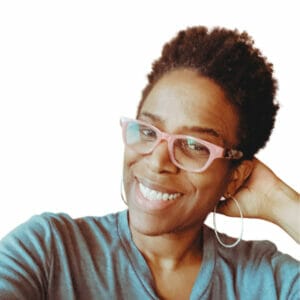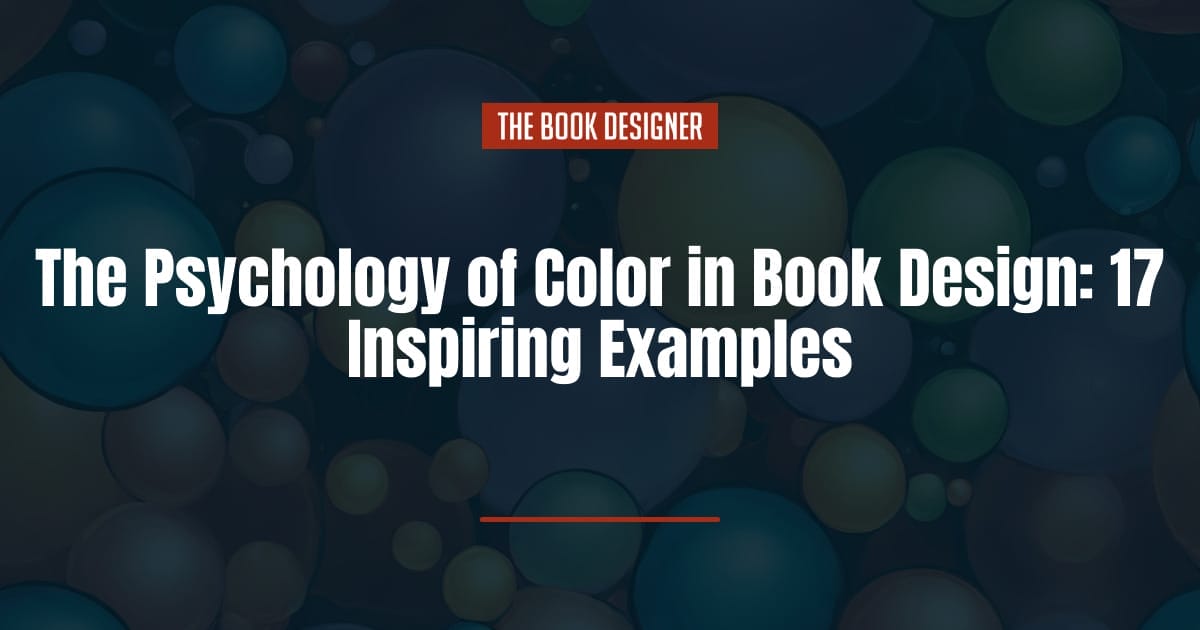In a previous article on the Pantone Color of the Year, we took a look at the company Pantone and its over 70 years of being in the business of color. From lifestyle products to hardware and devices, the company has almost single-handedly created a multi-industry dialogue around the psychology of color.
When we talk about the psychology of color (or color theory), we’re referring to how colors can affect the perceptions and moods of those who look at them.
A beautiful book cover is all about great design, but have you ever considered the impact your color choices have on a potential reader’s perception of your book’s content or its theme?
In this article, we’ll look at what different colors mean according to color psychology (some have contrasting meanings like red and green) and share some book covers that use color in interesting and engaging ways.
Let’s talk about color in book design:
The Psychology of Color
In the book The Complete Color, Harmony, Pantone Edition, author Leatrice Eisman has this to say about the psychology of color:
Color invariably conveys moods that attach themselves to human feelings or reactions. Part of our psychic development, color is tied to our emotions as well as our intellect. Every color has meaning that we either inherently sense, or have learned about by association and/or conditioning; which enables us to recognize the messages and meanings delivered.
A large part of our associational reaction to color is related to natural phenomena
Eiseman, Leatrice. 2017. The Complete Color Harmony, Pantone Edition: Expert Color Information for Professional Results. Quarry Books Editions.
She goes on to describe how we ascribe meaning to color based on our religious, cultural, historical, and political affiliations.
Despite personal color associations, there are also general meanings given to color, that are familiar to most. For example, many associate the color yellow with being happy.
Color Meanings and Examples
Below we’ll look at the meanings behind some of the most popular colors as well as book cover examples. The title and specific genre have been added for reference. For those colors that have multiple meanings, you’ll find multiple book cover examples.
To make things simple, we’ll go with the main colors found in a familiar-to-most 8-piece box of Crayola crayons: Red, Black, Blue, Brown, Green, Orange, Violet, and Yellow.
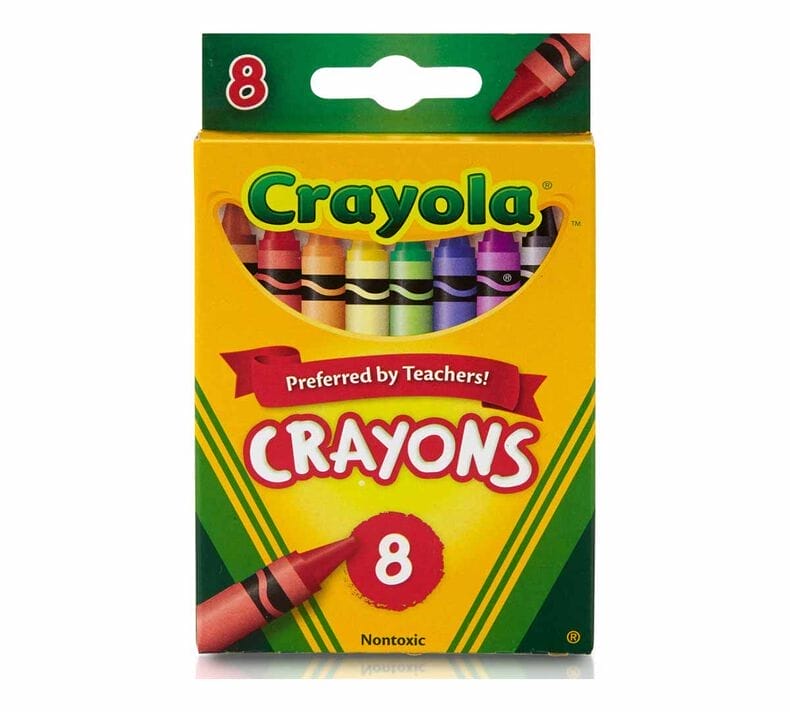
Outside of these eight colors, there are dozens of color combinations and meanings, but there’s not enough room in this article, so we’ll stick with the basics.
Red
It’s not a difficult stretch to imagine what the color red represents. On Valentine’s Day, if the sky could be painted red, someone would try it. The color is practically oozing from every balloon, box of chocolate, and greeting card, not to mention the red roses…so many red roses. Red is the color of love, one that easily spills over into the romance genre of books.
An Unexpected Valentine by Linda Goodnight
Genre: Contemporary Romance
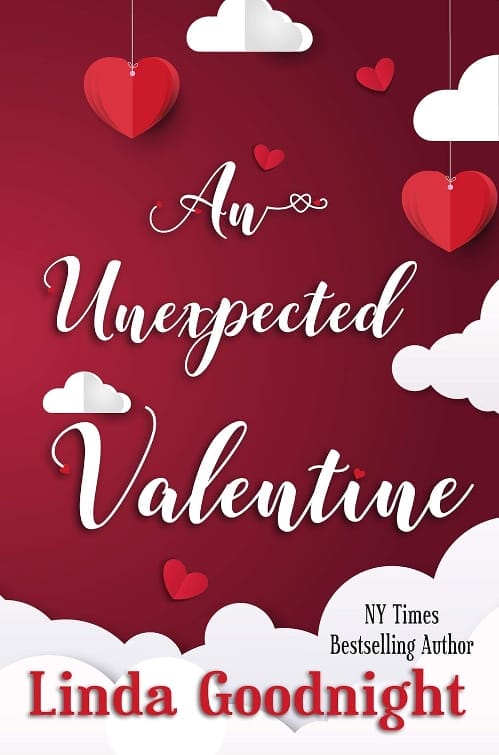
But, what about the flip side of the color red, where anger and danger flicker in the eyes of your favorite villain? Or how the color easily puts on the cloak of fire and blood? Thrillers, suspense, horror, and mysteries are a fun playground for red.
Can’t Stop What’s Inside by C.J. Heigelmann
Genre: Psychological thriller
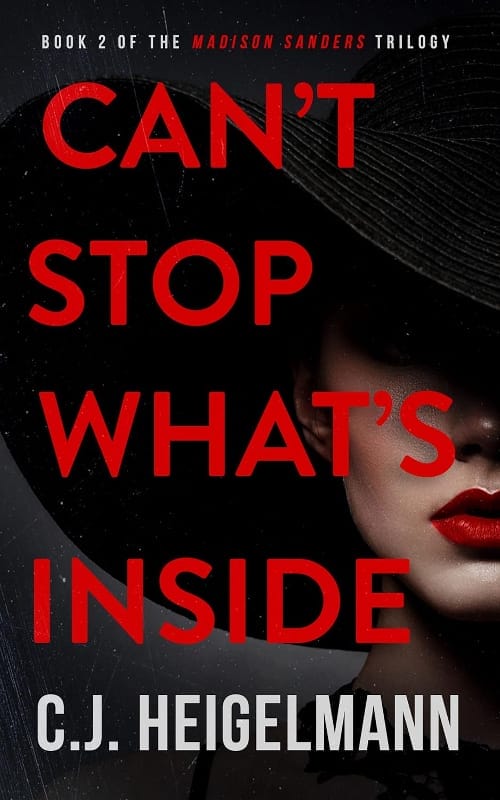
Black
Mystery, intrigue, and things that go bump in the night come to mind when I think of the color black. It’s a shadow in the corner or the absence of light where things go to hide.
According to author Leatrice Eisman,
There is great dichotomy and paradox in the meaning of black.
While nighttime offers hours of rest and restraint, under cover of darkness, nefarious deeds can be done. To be in a black mood is to be in an unhappy, rather gloomy state of mind, and black humor is cynical, even somewhat macabre. A black look from a teacher or a boss is not a welcome sight. It is the heavy color of grief, of priests, monks, and Puritans, while at the same time, it is the shade favored by movie star mafiosi, rebellious adolescents, and ominous villains. It is the master of disguise.
Endurance Shackleton’s Incredible Voyage by Alfred Lansing
Genre: Arctic and Antarctica History

Eisman continues to look at the color black but from a different angle.
However, in today’s world, the positive aspects of black are far more prevalent. Its power speaks more to experience and elegance. It is the embodiment of sophistication in the true sense of the word: worldly wise, knowledgeable, cultivated, and poised. It is Holly Golightly in Breakfast at Tiffany’s, and chosen by a multitude of other svelte and stylish women. In the world of high-tech, it is a viable option, as it is perceived of as advanced, modern, state of the art, avantgarde, and highly evolved.
It is the color of mystery, but also of mysteries solved; the quintessential essence of cool, not in temperature, but in attitude.
As every big-city dweller or frequent flyer knows, it is practical, yet glamorous, handsome and Armani-esque.
French Chic: A French Woman’s Guide To Dress Elegantly And Live Effortlessly Chic by Sophie Claire
Genre: Style and Clothing
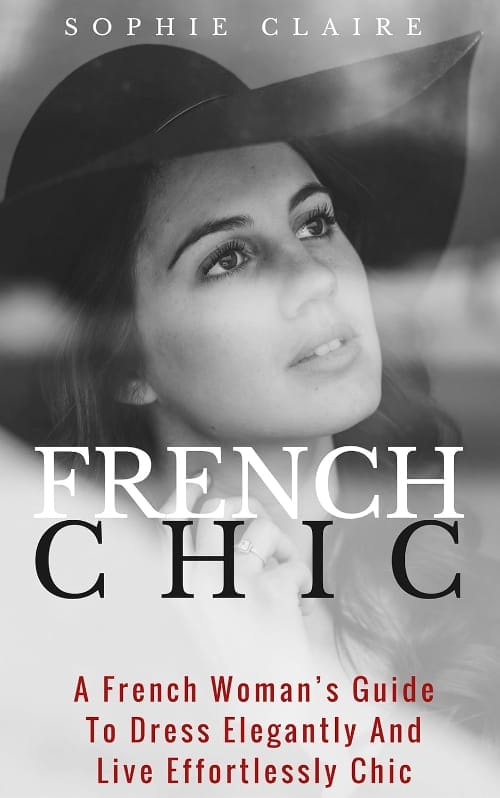
Blue
On the Supercolor Digital website, the color blue is described as “both the sky and the sea and is associated with open spaces, freedom, intuition, imagination, inspiration, and sensitivity”.
When I read this description, I immediately thought about psychology books. No surprise that when you do a search for neuropsychology books on Amazon, you’ll find lots of blue.
The Neuropsychologist’s Roadmap: A Training and Career Guide 1st Edition by Dr. Cady Block Ph.D.
Genre: Medical Neuropsychology

Supercolor Digital continues describing the color blue:
“Blue also represents meanings of depth, trust, loyalty, sincerity, wisdom, confidence, stability, faith, and intelligence.”
I found a number of books on faith in blue as well as books on friendship.
The Case for Faith by Lee Strobel
Genre: Christian Faith

Brown
Brown reminds me of autumn, nature, and all things earthy. Color psychology agrees with my assessment and also adds resilience, security, and safety. Here are three examples I found on the Amazon Best Seller list.
The Secret Life Of Sunflowers: A gripping, inspiring novel based on the true story of Johanna Bonger, Vincent van Gogh’s sister-in-law by Marta Molnar and Dana Marton
Genre: Historical Biographical Fiction
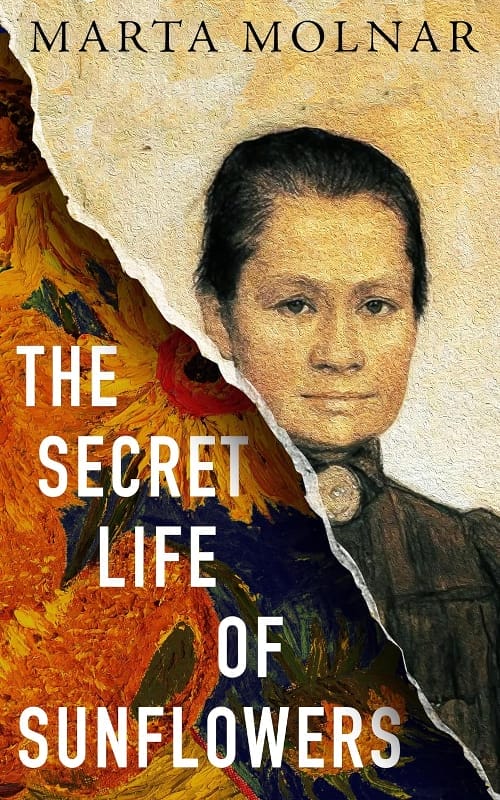
Before We Were Yours: A Novel by Lisa Wingate
Genre: Contemporary Fiction
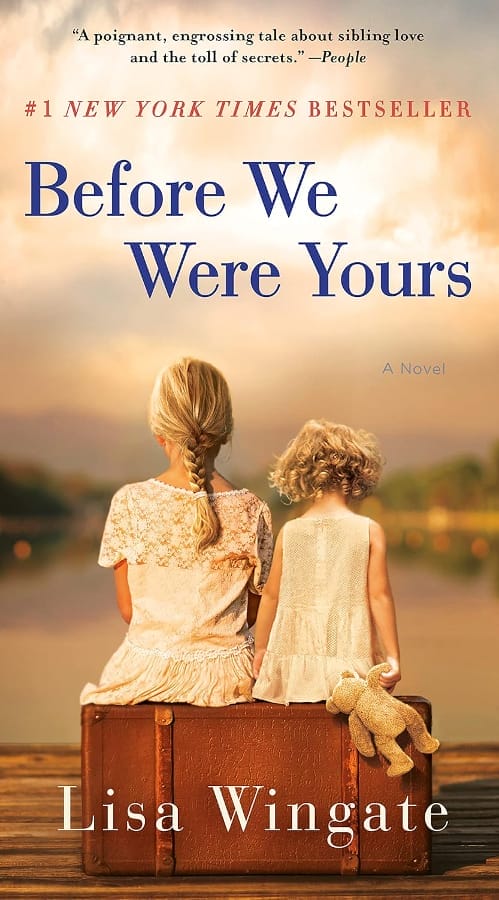
The Saints of Swallow Hill: A Fascinating Depression Era Historical Novel by Donna Everhart
Genre: Family Life Fiction
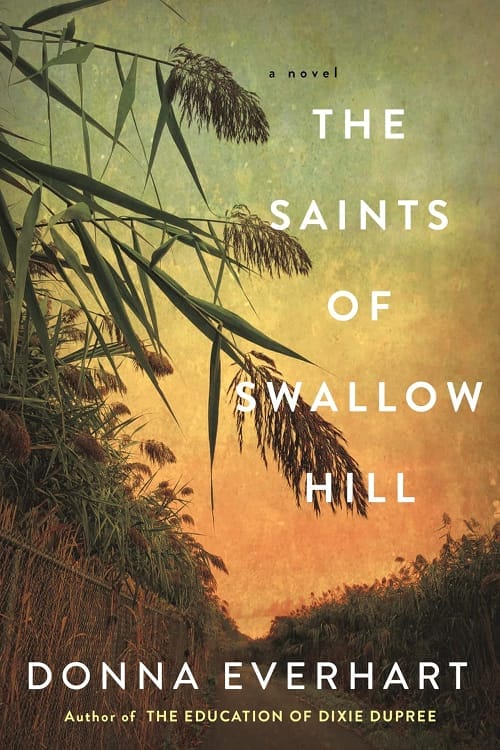
Green
What comes to your mind when you hear the word green? Money? Envy?
It’s funny how some colors are so deeply ingrained that we hardly have to think about how the color makes us feel or the different ways we associate it with other familiar things.
Here are more words that are associated with the color green: health, growth, harmony, prosperity, and possessiveness.
Money Skills for Teens by Ferne Bowe
Genre: Teen and Young Adult Business and Economics
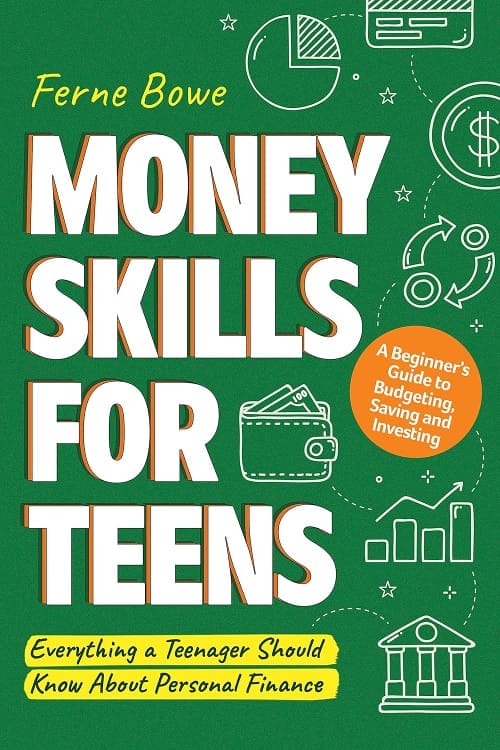
The Inmate: A gripping psychological thriller by Freida McFadden
Genre: Domestic Thrillers
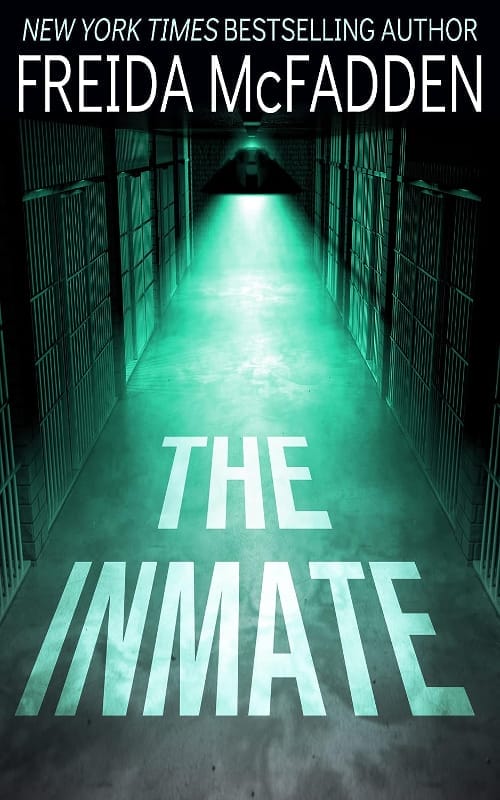
Orange
Since orange is a mixture of yellow and red, it’s not surprising that the color reflects a little bit of both colors: youthfulness, energy, happiness, possibilities, determination, and strength.
Surviving the Forest by Adiva Geffen
Genre: Jewish Historical Fiction
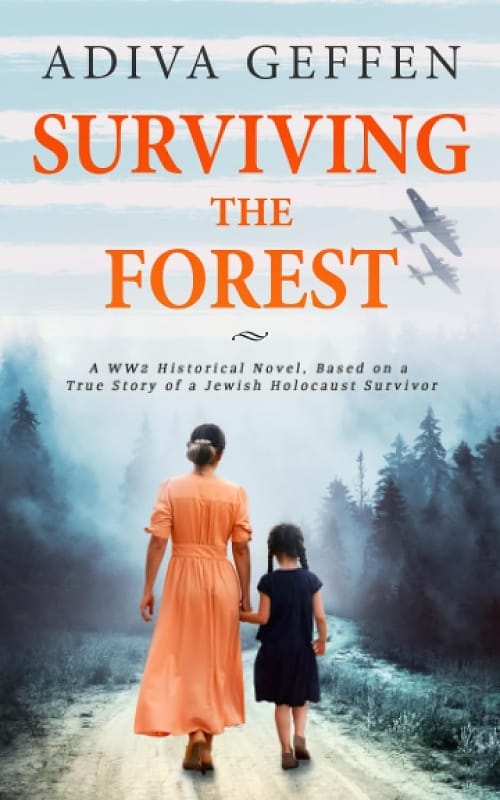
Iron Flame (The Empyrean Book 2) by Rebecca Yarros
Genre: Epic Fantasy
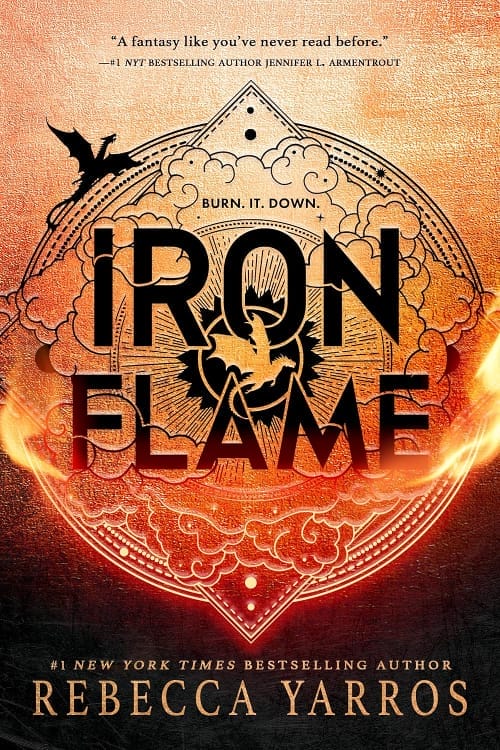
Violet
Like orange, violet gives us another mix of two colors: blue and green. And, similar to orange, the color violet carries a mix of both primary colors. Violet can denote nobility and wisdom. In contrast, violet can also mean spirituality, arrogance, and mysticism.
Flower Fairies of the Summer– Picture Book, May 1, 2018 by Cicely Mary Barker
Genre: Children’s Folk Tales and Myths
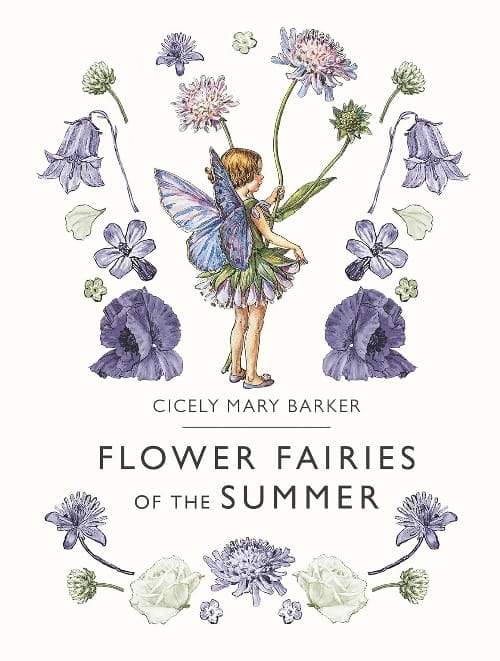
The King is Dead, Long Live the King!: Majesty, Mourning and Modernity in Edwardian Britain by Martin Williams
Genre: Biographies of Royalty
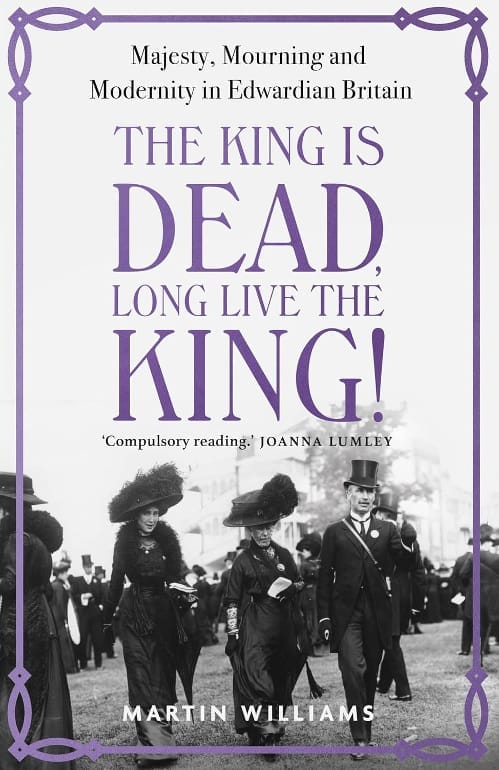
Yellow
At the start of this article, I mentioned that the color yellow reminds many people of happiness. I agree. I also think about sunshine, smiles, and energy. That’s not too far from the way the color is described in color psychology. Words like excitement, confidence, and hope rise to the top. On the negative side—caution and cowardice.
The King is Dead, Long Live the King!: Majesty, Mourning and Modernity in Edwardian Britain by Martin Williams
Genre: Teen and Young Adult Fiction about Values and Virtues
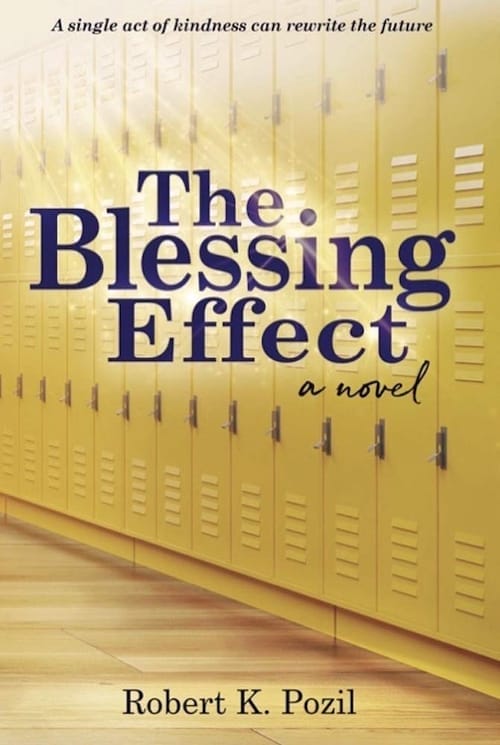
The Best Jokes Every 10-Year-Old Should Know: Funny Kids Jokes to Make You Laugh by Holli Whaling and Evan Whaling
Genre: Children’s Joke and Riddle Books
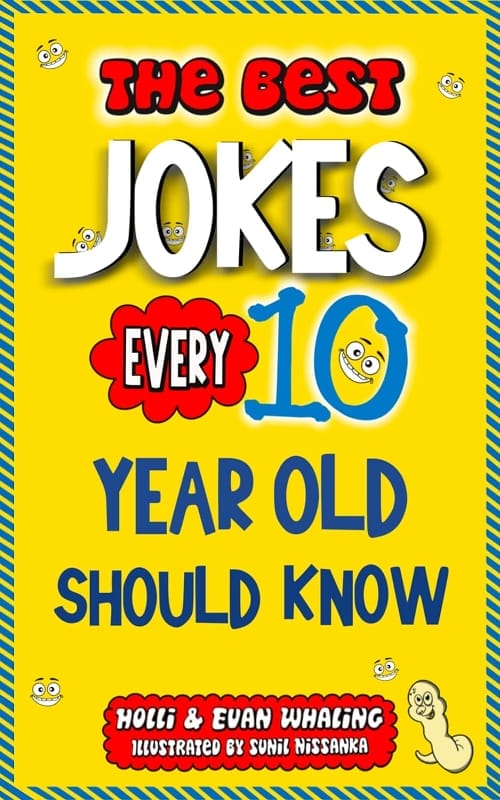
Final Thoughts
Color is a fun way to infuse personality in your author brand, book cover design, and even within your writing. Whichever colors you choose, it’s a good idea to understand the psychology of color and how others might perceive your choices. Choosing the right colors can draw potential readers in like a magnet. Selecting the wrong colors can repel or confuse them. The book The Complete Color Harmony, Pantene Edition by Leatrice Eisman is a great place to start if you’re looking for a deeper understanding of color psychology and how it can impact your designs.

